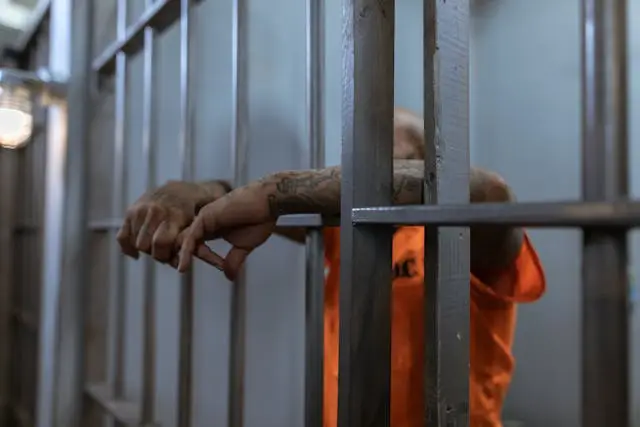A convicted killer on death row who brutally murdered two South Carolina bank employees in 2017 has petitioned for release from prison. This comes only days after President Biden’s administration commuted his death sentence, sparking a wave of controversy and public outcry.
The convict, whose name has been withheld due to legal reasons, sent a letter to the courts pleading for his release. The letter cites a perceived miscarriage of justice and claims that the commutation of his death sentence should effectively lead to his release. The plea has ignited a fierce debate over the rights and privileges of convicted criminals.
The Crime and Conviction
The murder case dates back to 2017 when two bank employees were shot dead in South Carolina in a ruthless daytime robbery. The case was marked by its brutal violence and the cold-blooded nature of the killer. The defendant was quickly apprehended and faced a swift trial, leading to a guilty verdict and a subsequent death sentence.
Throughout the trial, the convicted murderer maintained his innocence, claiming he was a victim of mistaken identity. However, a combination of damning CCTV footage, eyewitness testimonies, and forensic evidence led to his conviction. The case was seen as an open-and-shut case, with the judge describing the murderer’s actions as “heinous and cold-blooded.”
The Commutation and Plea for Release
President Biden, a staunch opponent of the death penalty, commuted the killer’s sentence as part of his broader policy to halt federal executions. The move, which has been met with widespread criticism, came as a shock to the victims’ families and the South Carolina community. The killer’s request for release, following the commutation, has added fuel to the fire.
The convict’s letter to the court claimed that his death sentence’s commutation should see him released from prison. This has sparked a fierce debate over the implications of commuting a death sentence. Legal analysts have been quick to point out that commuting a death sentence typically means replacing it with life imprisonment, not outright release.
Public Outcry and Legal Implications
The demand for release by the convicted killer has sparked outrage among the South Carolina community, particularly among the victims’ families. Many see this as a gross misuse of the legal system and a slap in the face of those who have lost their loved ones.
Legal experts have also weighed in on the matter, stating that the request for release is highly unlikely to be granted. A commutation of a death sentence, they say, usually implies a replacement with life imprisonment and does not automatically grant freedom. The case will likely serve as a test for the Biden administration’s approach to death penalty cases and its implications for the justice system.
As the debate rages on, the South Carolina community and the victims’ families wait anxiously for the court’s decision. The case, which has sparked national interest, could have profound implications for the future of capital punishment in the United States.















